Martin Luther King Jr. was an American Baptist minister and activist who became the most visible spokesperson and leader in the civil rights movements from 1954 until his death in 1968. King is best known for advancing civil rights through nonviolence and civil disobedience, tactics that his Christian beliefs and the nonviolent activism of Mahatma Gandhi helped inspire. Take a look below for 30 more awesome and interesting facts about Martin Luther King Jr.
1. King led the 1955 Montgomery bus boycott and in 1957 became the first president of the Southern Christian Leadership Conference.
2. With the Southern Christian Leadership Conference, he led an unsuccessful 1962 struggle against segregation in Albany, Georgia, and helped organize the nonviolent 1963 protests in Birmingham, Alabama.
3. King helped organize the 1963 March on Washington, where he delivered his famous “I Have A Dream” speech.
4. On October 14, 1964, King won the Nobel Peace Prize for combating racial inequality through nonviolent resistance.
5. In 1965, he helped organize the Selma to Montgomery marches. The following year, he and the Southern Christian Leadership Conference took the movement north to Chicago to work on segregated housing.
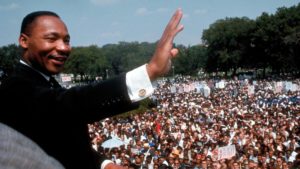
6. In his final years, he expanded his focus to include opposition towards poverty and the Vietnam War.
7. King alienated many of his liberal allies with a 1967 speech titled “Beyond Vietnam.” J. Edgar Hoover considered him a radical and made him an object of the FBI’s COINTELPRO from 1963 on.
8. FBI agents investigated him for possible communist ties, recorded his extramarital liaisons and reported on them to government officials, and on one occasion, mailed King a threatening anonymous letter, which he interpreted as an attempt to make him commit suicide.
9. In 1968, King was planning a national occupation of Washington, D.C., to be called the Poor People’s Campaign, when he was assassinated on April 4 in Memphis Tennessee.
10. His death was followed by riots in many U.S. cities. Allegations that James Early Ray, the man convicted of killing King, had been framed or acted in concert with government agents persisted for decades after the shooting.
11. King was posthumously awarded the Presidential Medal of Freedom and the Congressional Gold Medal.
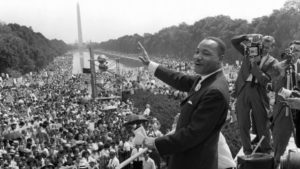
12. Martin Luther King Jr. Day was established as a holiday in many cities and states beginning in 1971, and as a U.S. federal holiday in 1986.
13. King was an educated man with bachelor degrees in sociology and divinity, and a PhD in systematic theology.
14. While studying for his PhD at Boston University, King was mentored by the theologian and civil rights leader, Howard Thurman, who was a big influence on him.
15. He met and married Coretta Scott, a music student and aspiring singer, in 1953. The couple had four children, Yolanda, Martin Luther King, III, Dexter Scott and Bernice.
16. In 1955, King led a boycott of buses in Montgomery, Alabama after Rosa Parks was arrested for refusing to give up her seat to a white man. The Montgomery Bus Boycott went on for 381 days, but eventually led to racial segregation on public buses in Alabama being lifted.
17. In May 1957, King gave his famous “Give Us The Ballot” speech during the Prayer Pilgrimage for Freedom in Washington.
18. On March 7, 1965, King was involved with organizing a march from Selma to Montgomery in protest against a protester being killed by an Alabama state trooper the previous month. The march was blocked by state troopers and police officers and brutally beaten. The event, which came to be known as “Bloody Sunday,” was broadcast across the U.S. and gained the civil rights movement considerable sympathy.
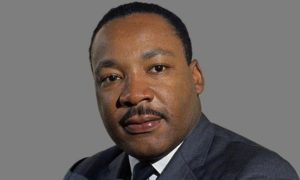
19. His last great speech is known as the “I’ve Been To The Mountaintop” address and was delivered on April 3, 1968, the day before he was killed.
20. King’s favorite song was “Take My Hand, Precious Lord.” The song was sung at his funeral by his friend, Mahalia Jackson.
21. Towards the end of his life, King had switched his focus from civil rights to campaigns to end poverty and stop the Vietnam War. Many of his liberal allies felt alienated by his stance on the war.
22. The Lorraine Motel, where he was killed, is now the site of the National Civil Rights Museum.
23. His name was originally Michael, not Martin. His father was also Michael King, which is why Martin Luther King Jr. was originally named Michael King Jr.
24. At the age of 12, he seems to have tried to commit suicide due to the grief he felt from his grandmother passing away.
25. King was almost assassinated a decade earlier than when he actually died. While on a book tour, signing copies of his book Stride Toward Freedom, on September 20, 1958, King was approached by Izola Ware Curry who asked him if he was Martin Luther King Jr. When he said that he was, she said, “I’ve been looking for you for five years.” She then pulled out a letter opener and stabbed him in the chest.
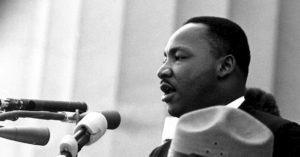
26. He skipped tow grades in high school, 9th and 11th, and entered college at the age of 15 in 1944.
27. His honeymoon was spent at a funeral parlor.
28. King is the youngest male to win a Nobel Peace Prize to date, winning it in 1964 at the age of 35.
29. King donated all of the $54,123, or about $400,000 today, he received for his Nobel Peace Prize to the Civil Rights movements. During his acceptance speech, he stated, “I believe that unarmed truth and unconditional love will have the final word in reality. This is why right temporarily defeated is stronger than evil triumphant.”
30. King won a Grammy in 1971 for Best Spoken Word Album for “Why I Oppose the War in Vietnam.”

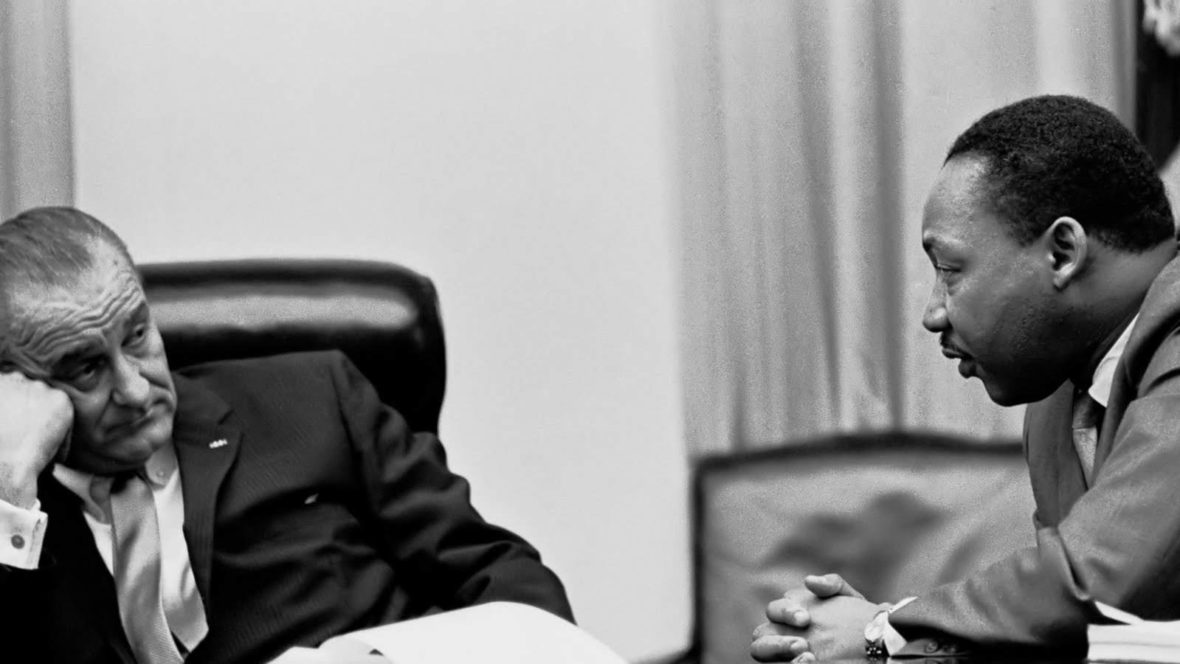
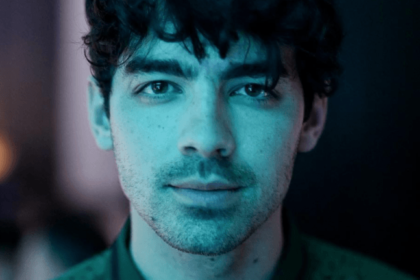
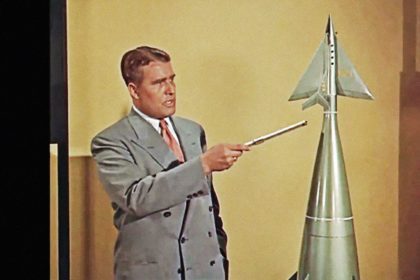

One Comment
Pingback:
June 13, 2018 at 11:20 am